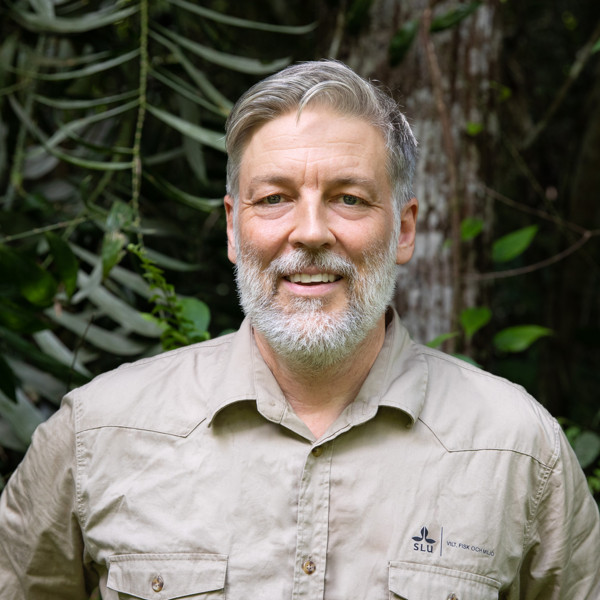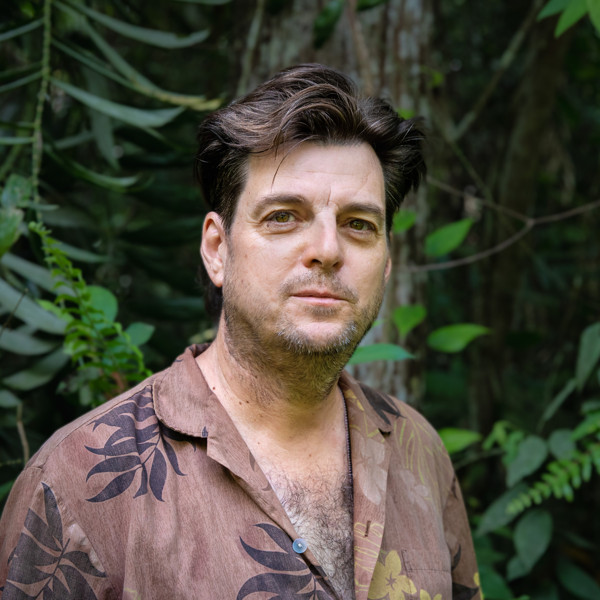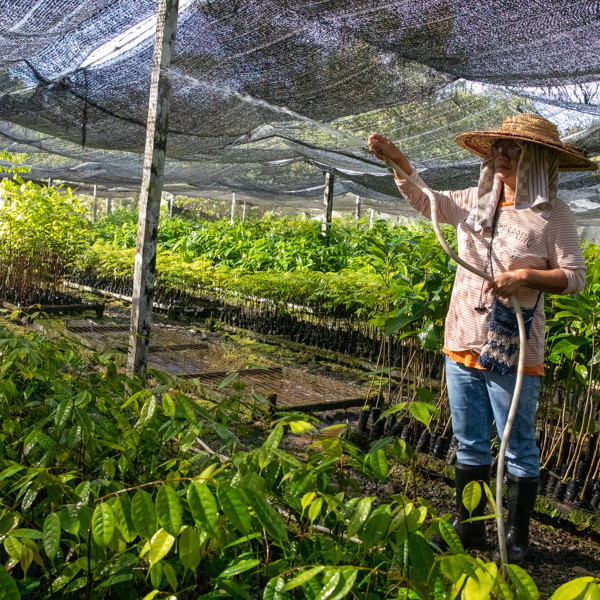New genetic discoveries could enhance rainforest restoration

In a recent study, researchers in Borneo explored how climate affects evolution of tropical tree species. The results showed that genetic variation in tree performance was related to the origin of the seeds. This insight increases our ability to predict the impacts of climate change on tropical trees and offers new possibilities for strategic management planning in these forests, especially in reforestation.
Tropical rainforests are among the most biodiverse environments globally, but our understanding of genetic variation within different species is limited. In northern forests, genetic variation within tree species is often used to select for desirable characteristics for future reforestation efforts in commercial forestry. For instance, plants that are drought-resistant or grow quickly can be chosen to create resilient forest stands that help reduce atmospheric carbon dioxide levels by storing carbon during climate change. In tropical forests, this type of knowledge is lacking about how species have evolved specific traits adapted to the range of environments in which they grow.
"Through this and ongoing genetic studies, the opportunity arises to locate and select plants with specific characteristics to increase the success of reforestation efforts in different types of environments—and to prepare the forest for a changing climate," says Petter Axelsson, a researcher at the Swedish University of Agricultural Sciences (SLU).
Growth varied by collection location
In the study, researchers used seeds from four species of trees in the ecologically and culturally important Dipterocarp family (Shorea argentifolia, S. fallax, S. johorensis, and S. paucifolia). They collected seeds from 9 to 12 mother trees for each species. The seeds were collected along an elevation gradient from lowland to highland (134 to 470 meters above sea level) with varying temperature and precipitation associated with the elevation. All seeds were planted in a nursery and monitored for 18 months. The results showed significant growth variation depending on where they were collected.
After 18 months, plants of the species Shorea argentifolia originating from 476 meters above sea level had nearly a 55 percent larger diameter than plants of the same species collected at 130 meters above sea level. For two species, seeds from lowland areas grew best, for one species, seeds from highland areas, and for one species, there was no significant correlation with elevation.
The research continues
The research team is now looking at variation in performance and leaf characteristics of the same seedlings that have now been planted in a forest restoration project. The project includes the planting of nearly 5 million trees and is one of the largest tropical reforestation projects in Asia.
"Our results provide evidence that these tropical tree species have evolved in response to their environment. We are now looking at how evolution of trees cascades to affect the entire community of organisms associated with their tree hosts – from fungi living on roots, to canopy insects feeding on leaves. Ultimately, what we are thinking about is the entire community interactome and how our understanding of tree genetics can be used to stabilize and maintain healthy forests,” says Kevin Grady, a US-based co-leader of the research team.
Learning more about the genetic potential of native tree species can also be used to make them competitive alternatives to foreign tree species which are often used in industry in Borneo.
The research has been funded by the Swedish Research Council.
Scientific article
Axelsson, E. P., Ilstedt, U., Alloysius, D., & Grady, K. C. Elevational clines predict genetically determined variation in tropical forest seedling performance in Borneo: Implications for seed sourcing to support reforestation. Restoration Ecology, e14038. https://doi.org/10.1111/rec.14038
Contact persons
Petter Axelsson, Researcher
Swedish University of Agricultural Sciences
petter.axelsson@slu.se, +46907868361, +46793042878
Kevin Grady, Researcher
Northern Arizona University
kevin.grady@nau.edu, +14802548620
Press images
(May be published freely in articles about this news. Photographer must be acknowledged. Click for high resolution image.)
Photo: Susanna Bergström, SLU
Petter Axelsson.
Kevin Grady.
Rozina Sasan waters seedlings in the Luasong nursery where the study was conducted.
More about the project


